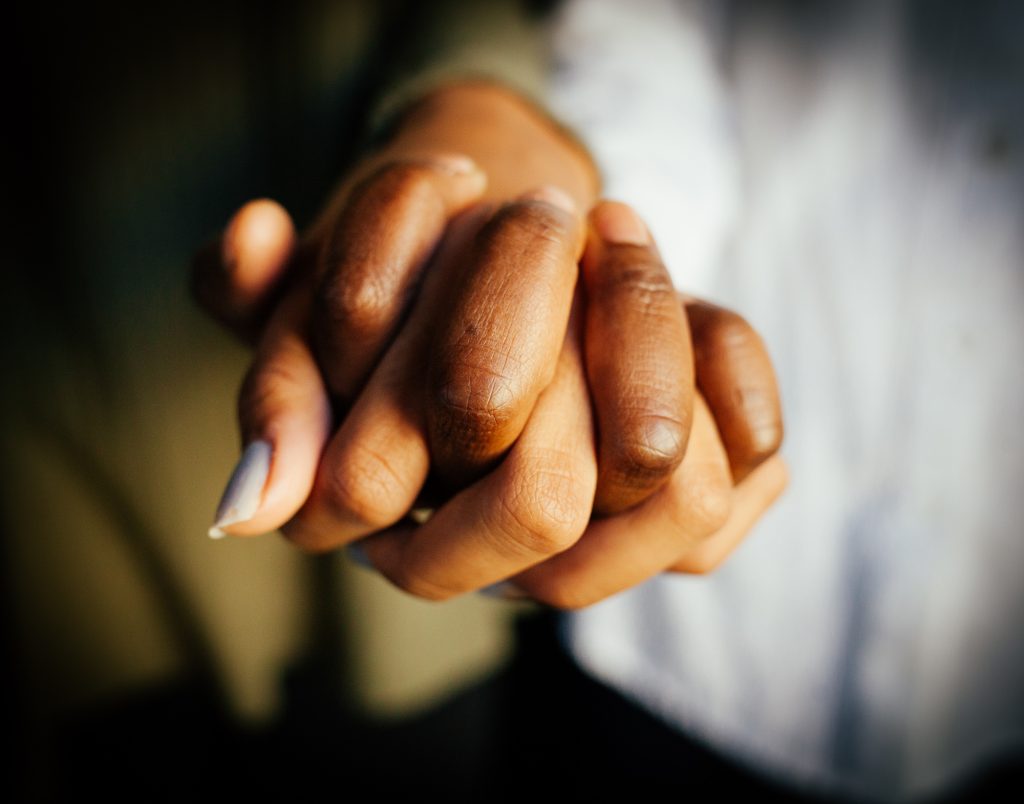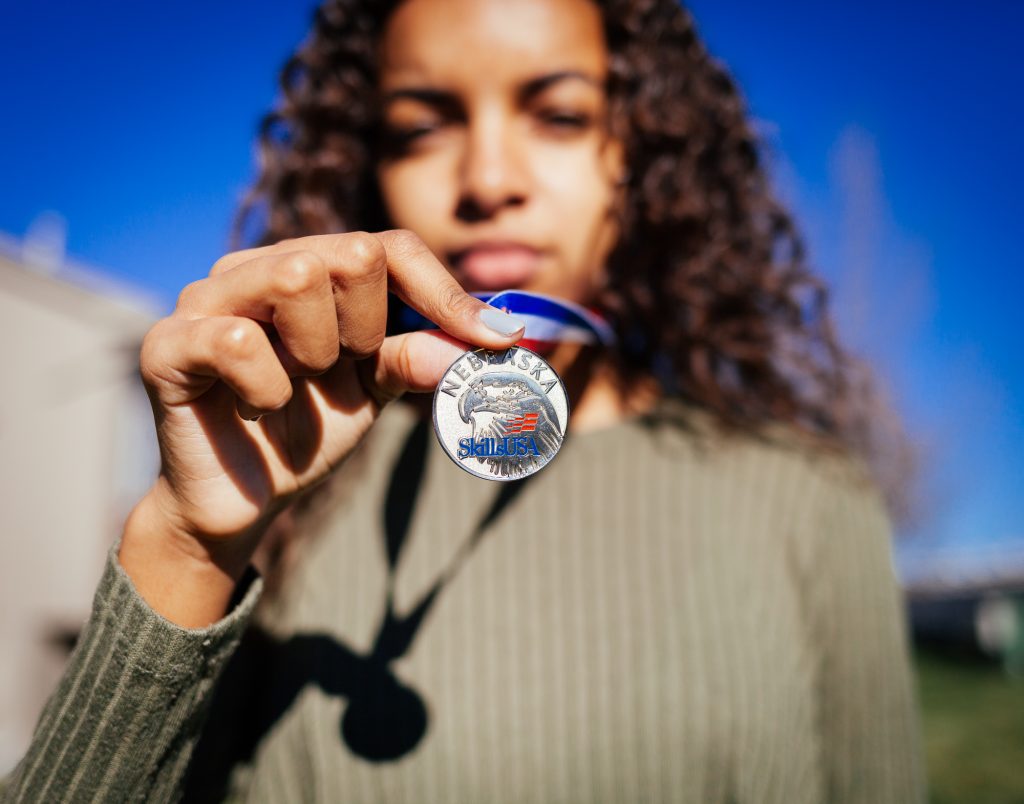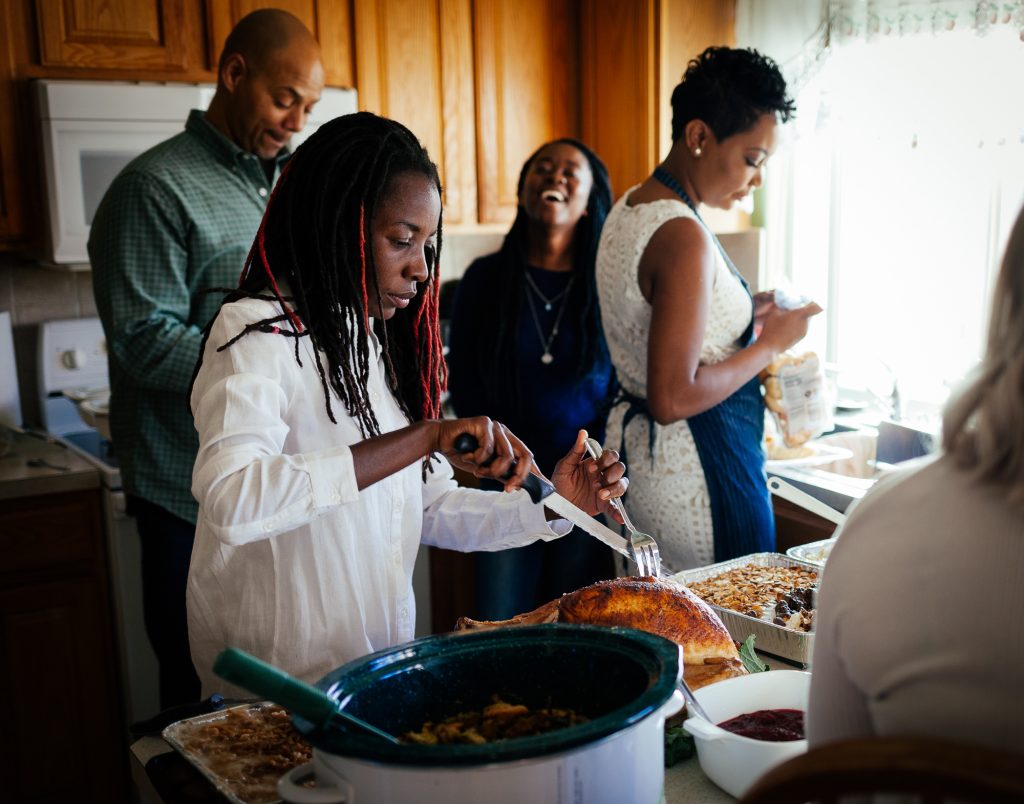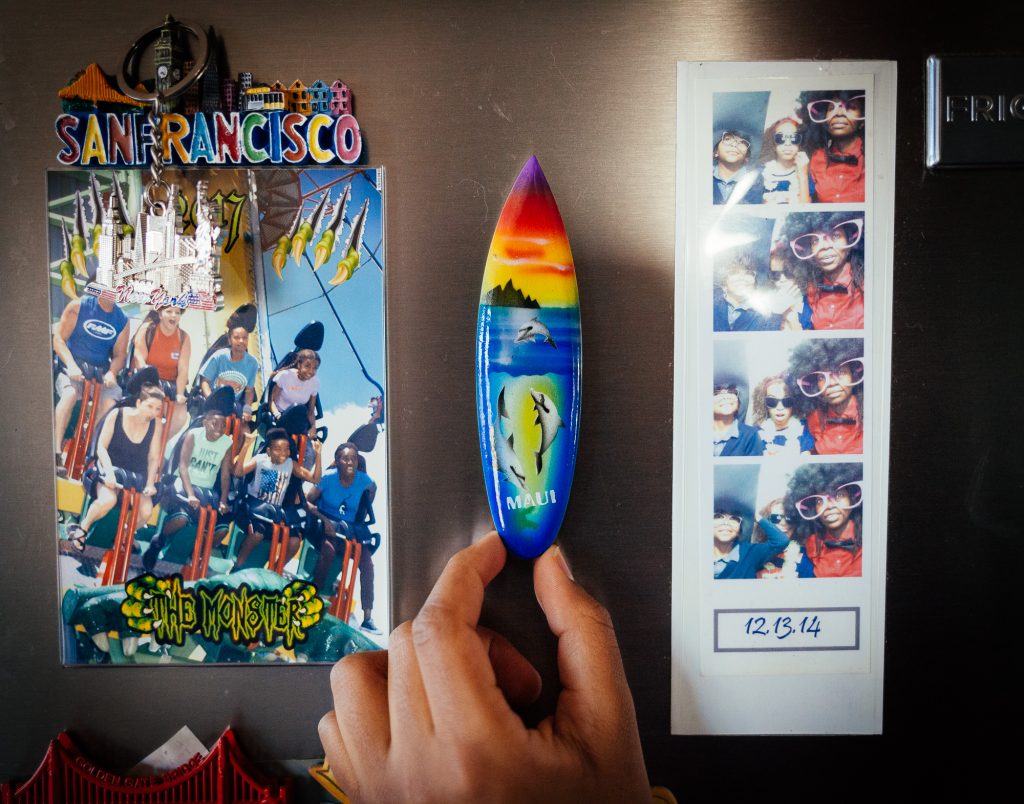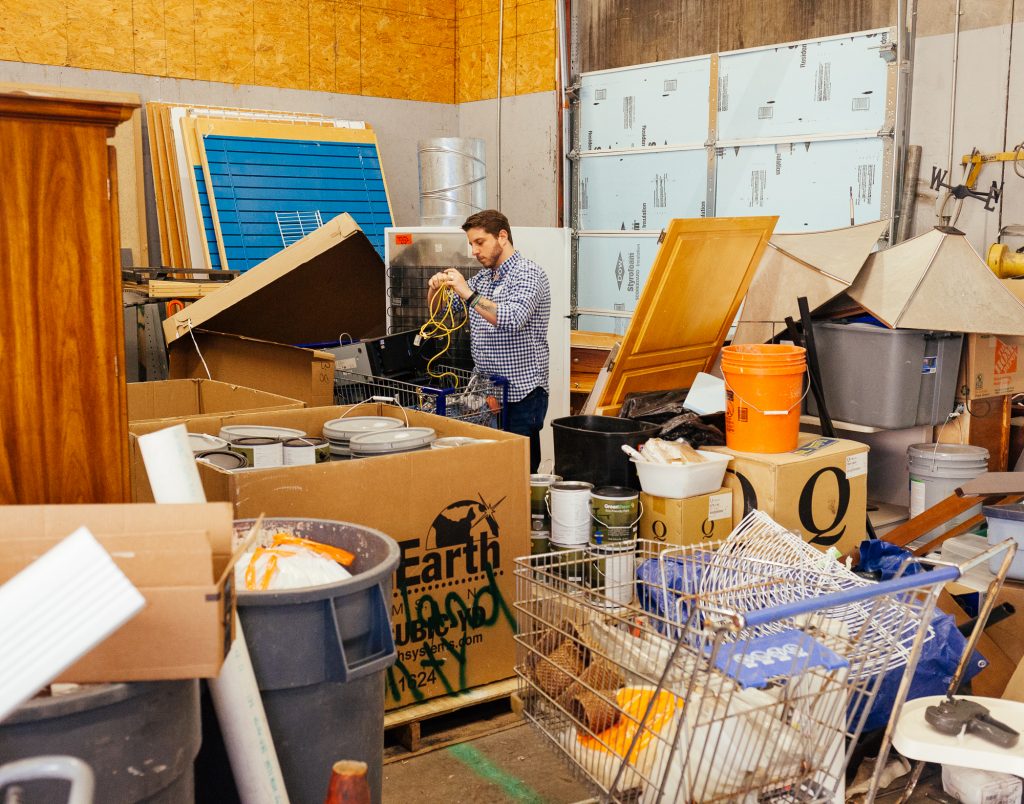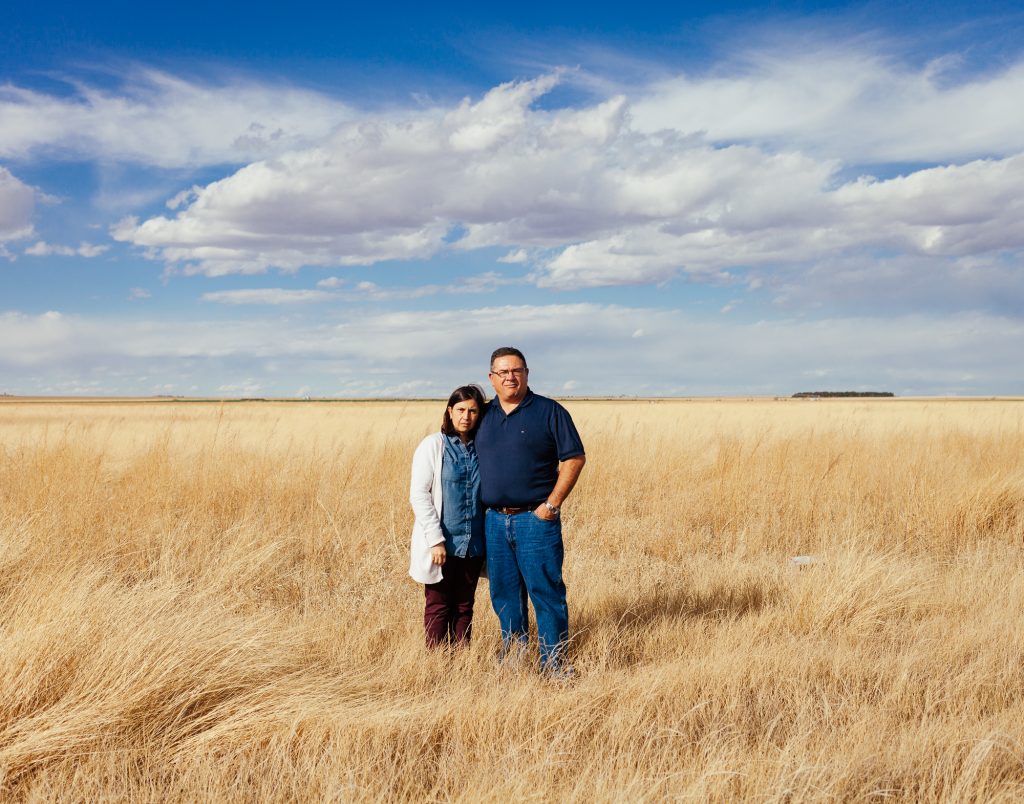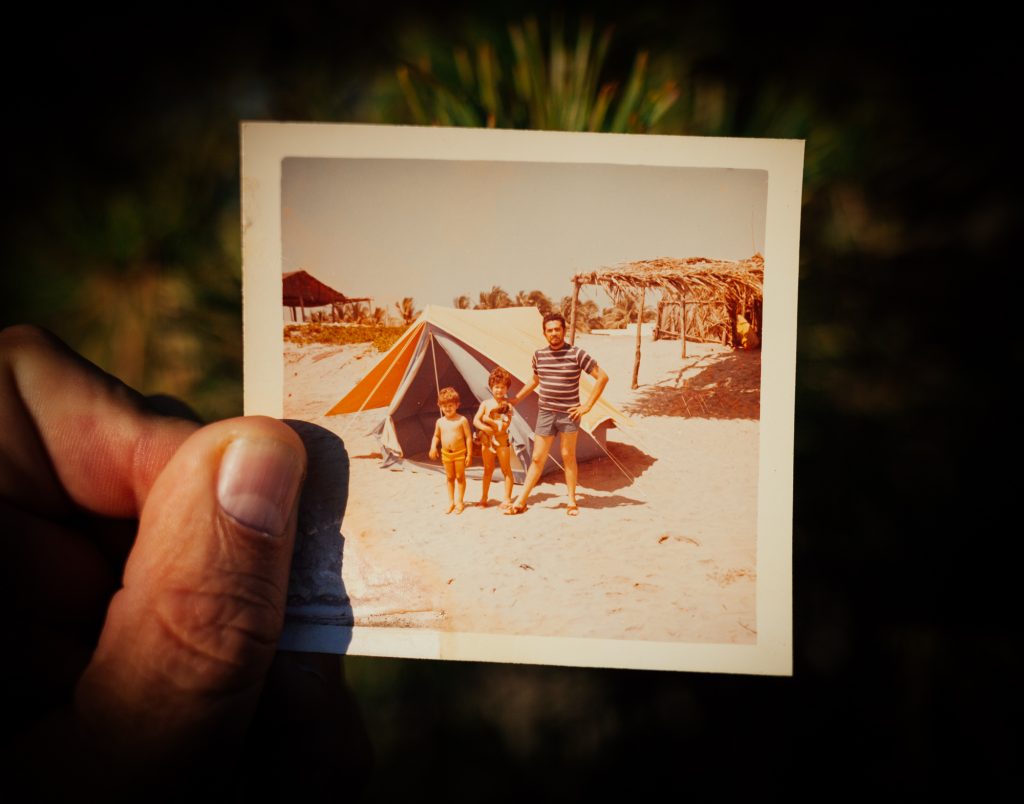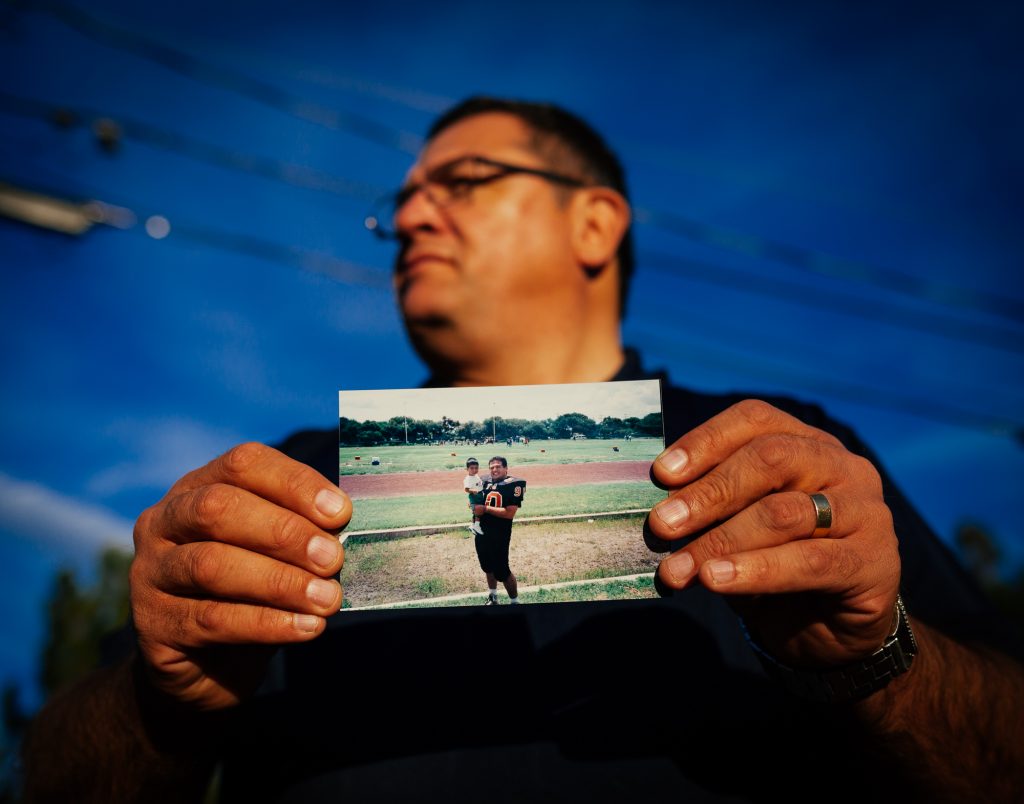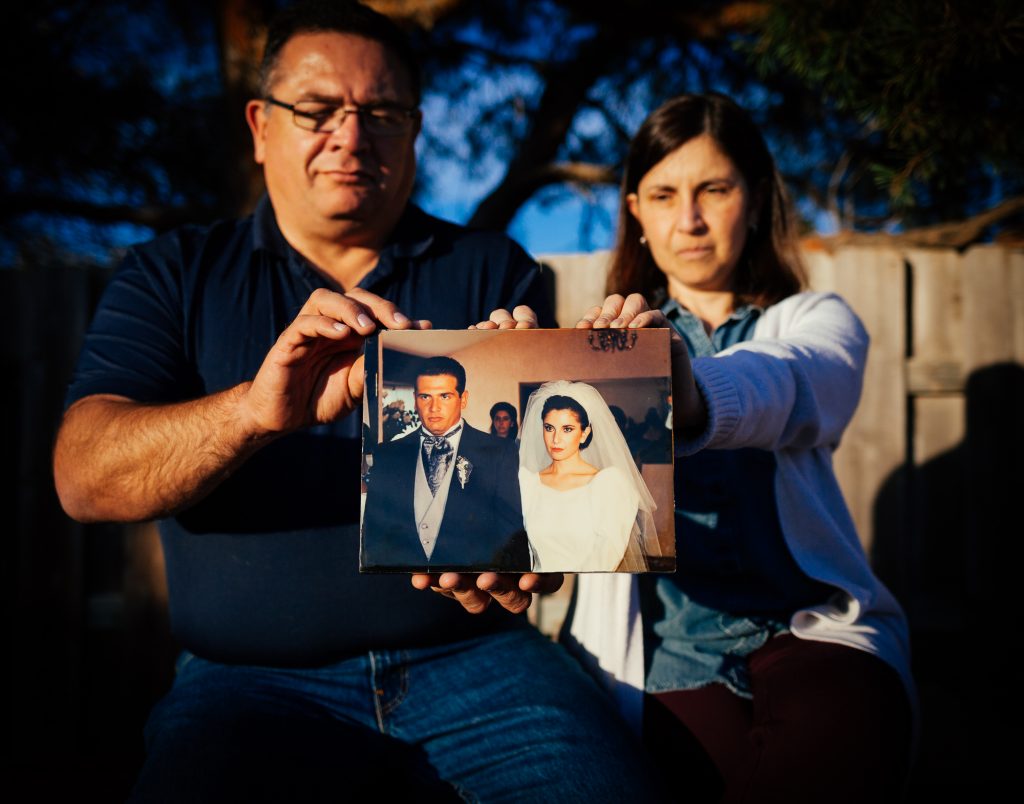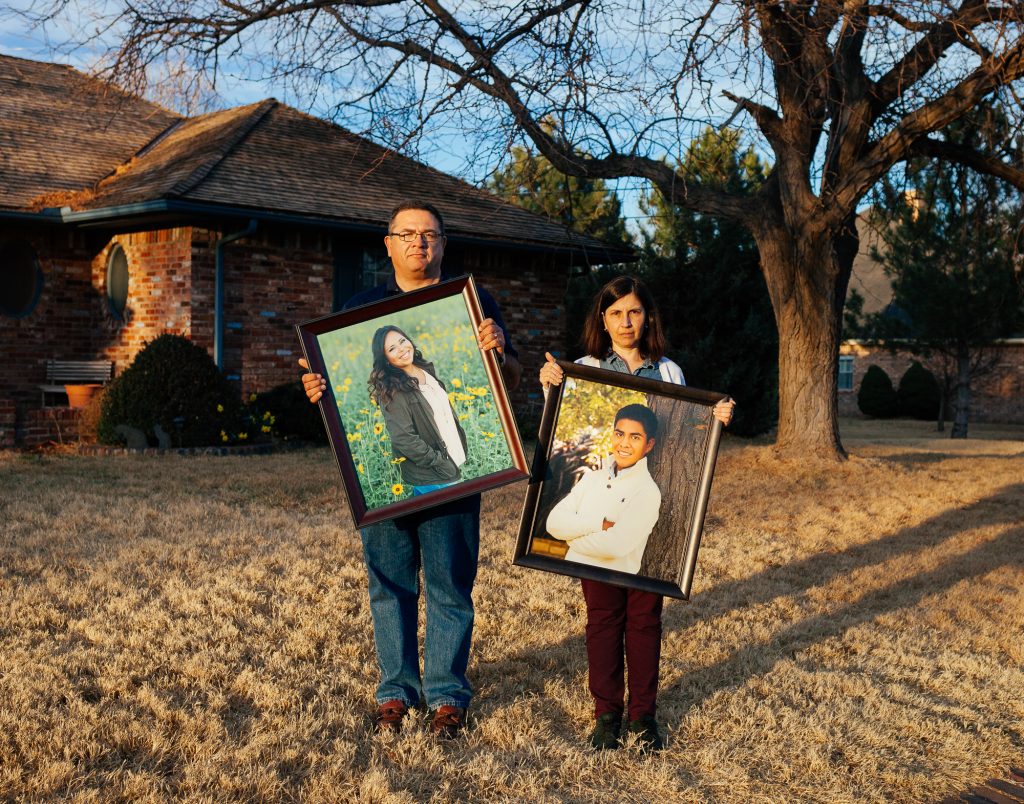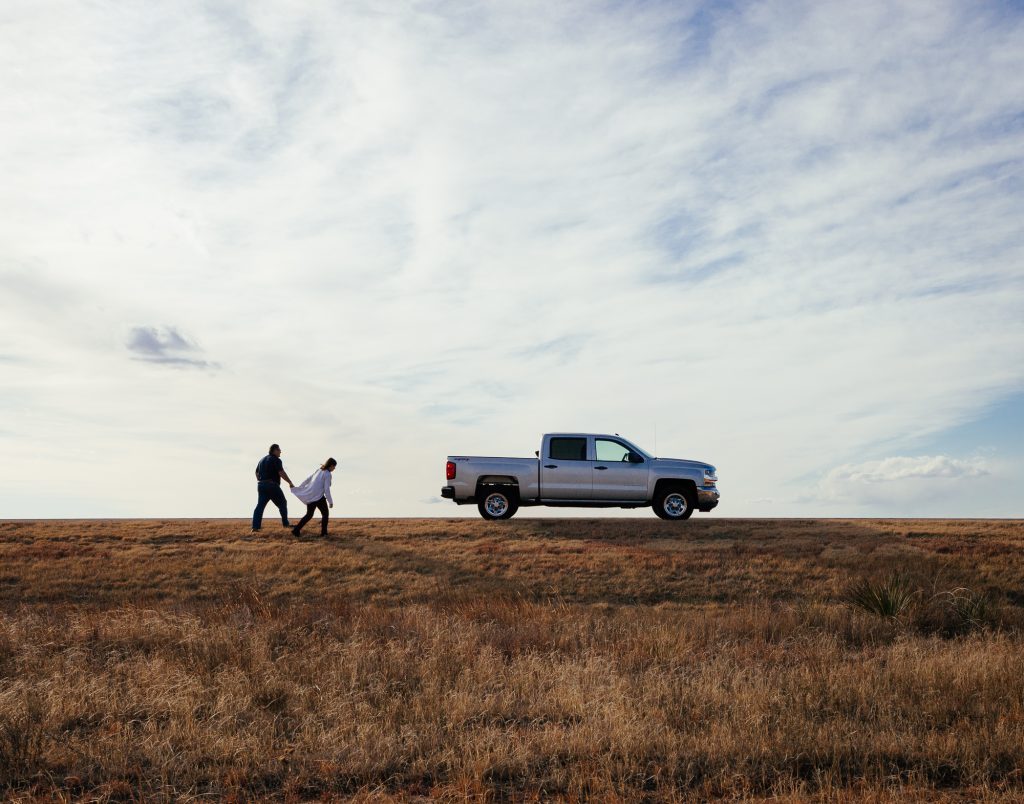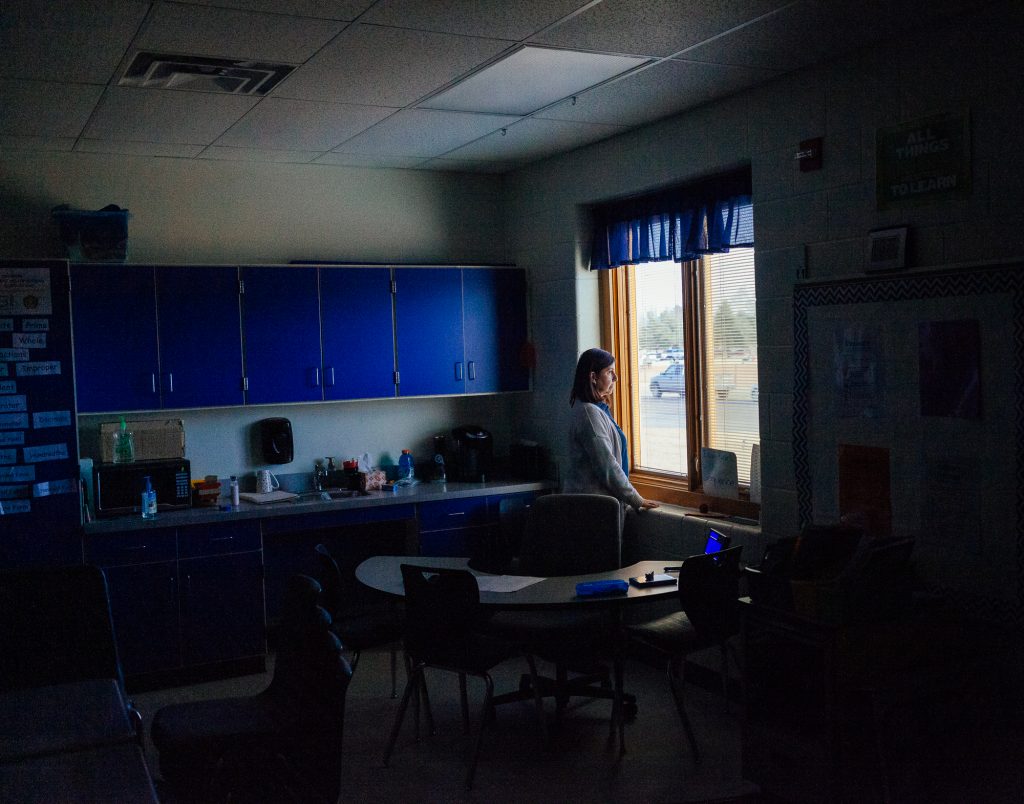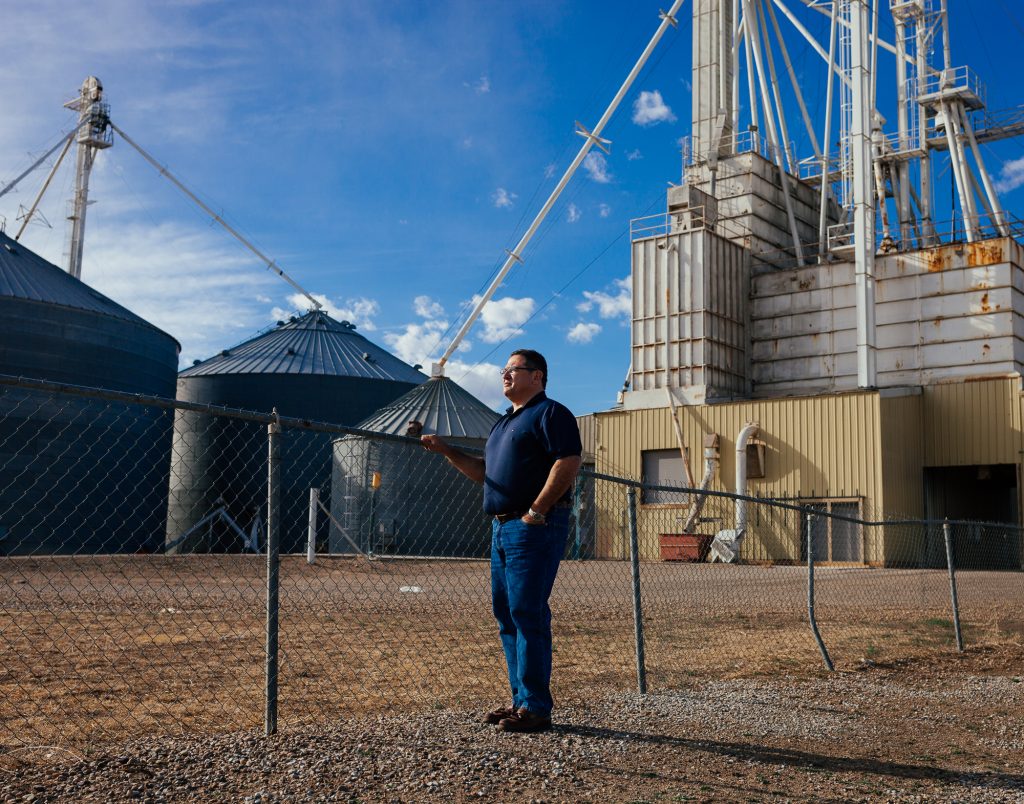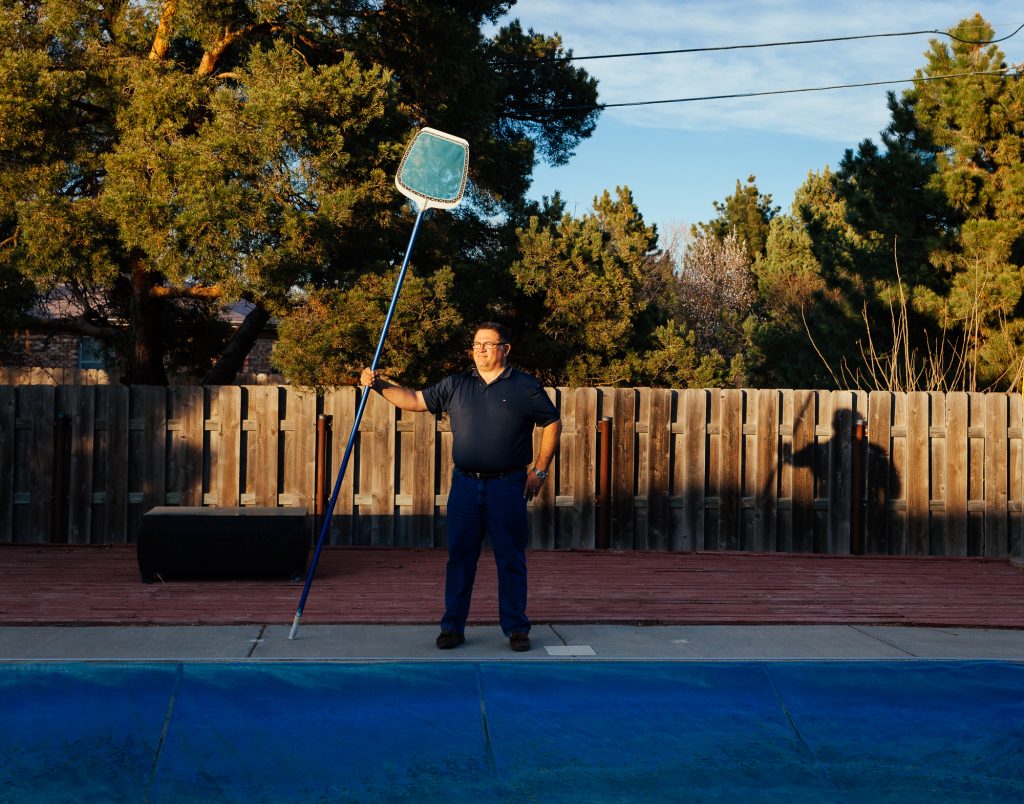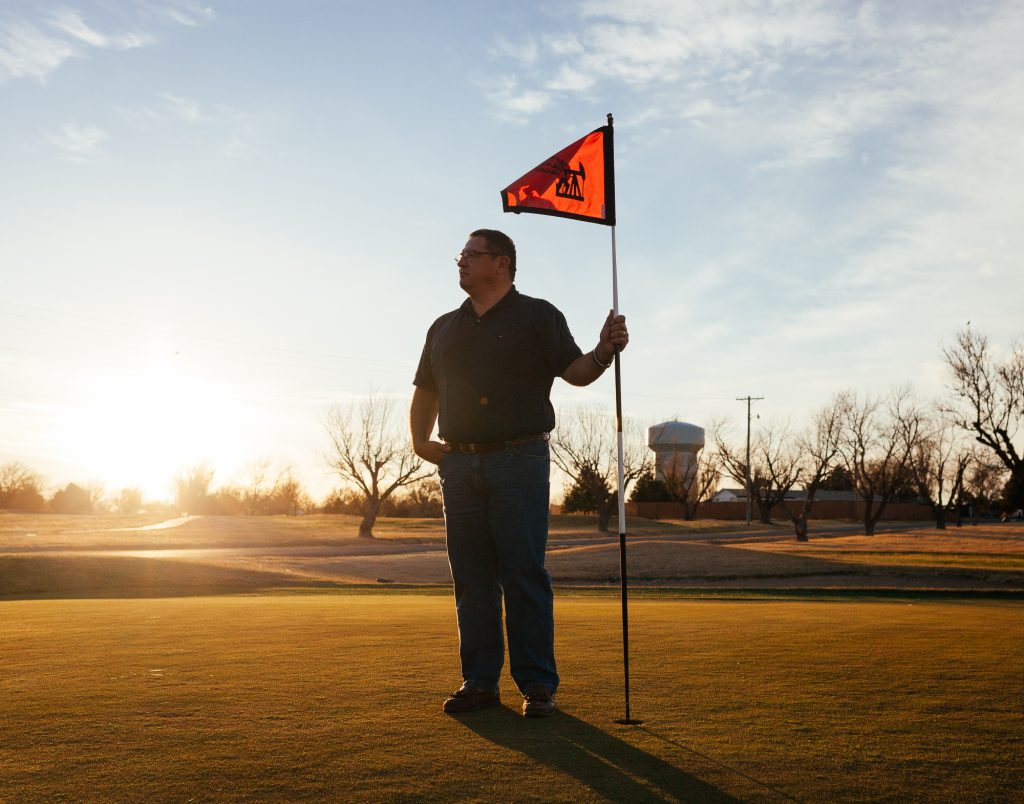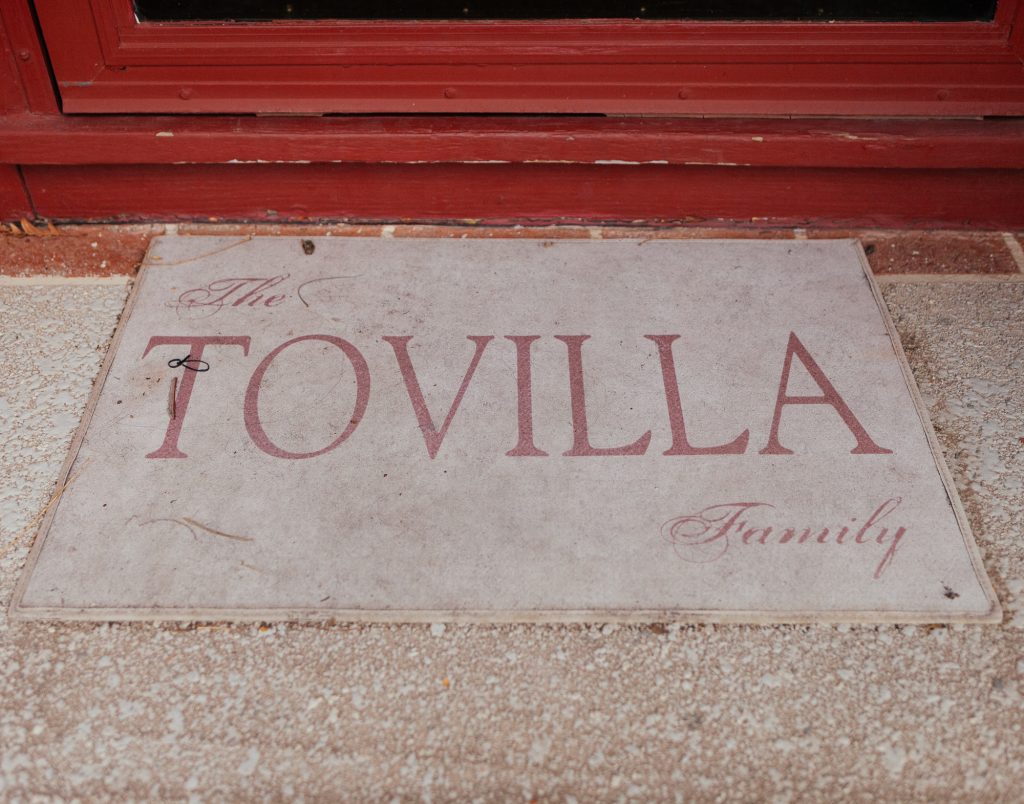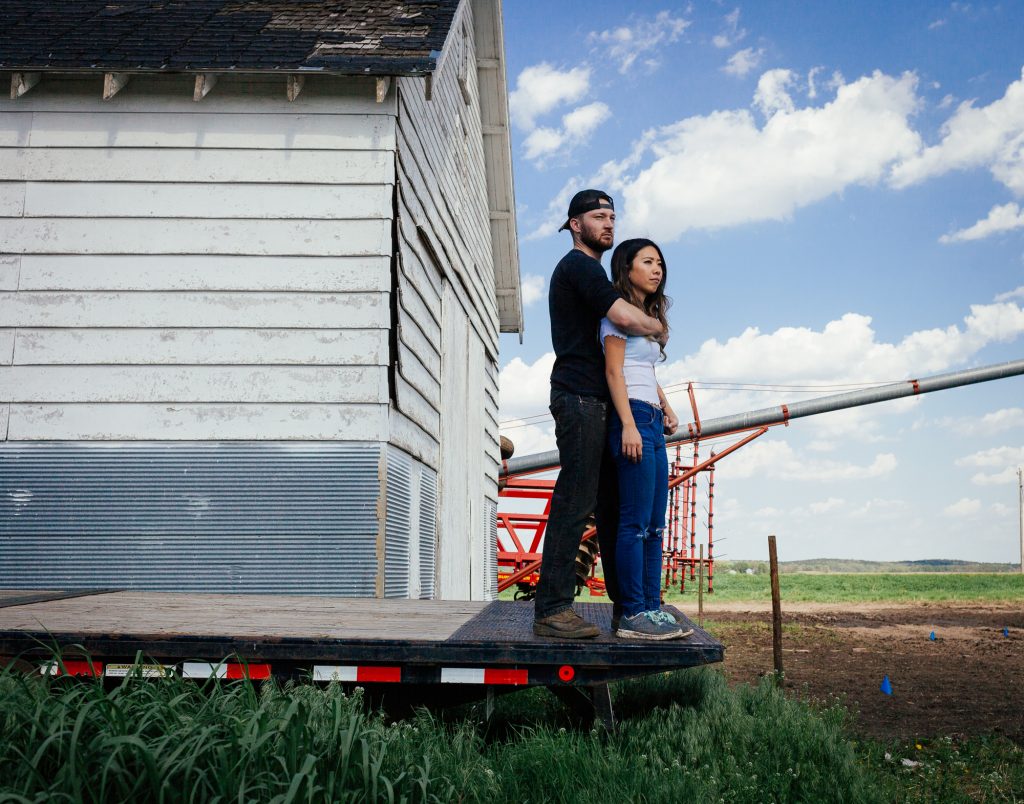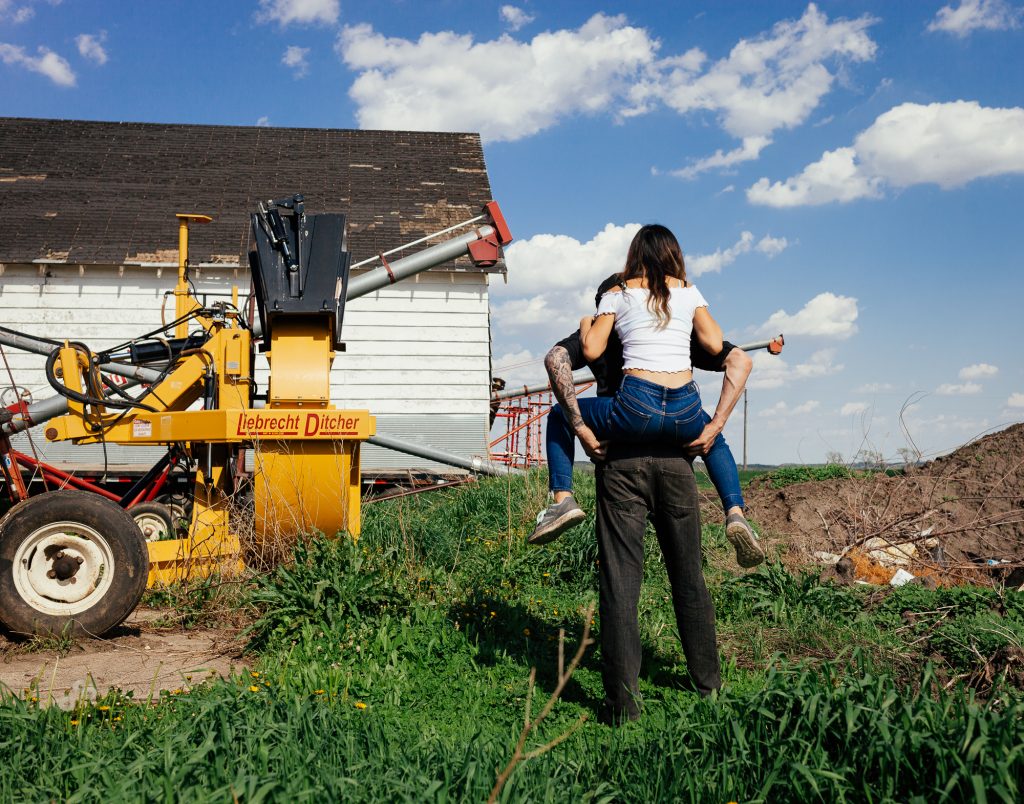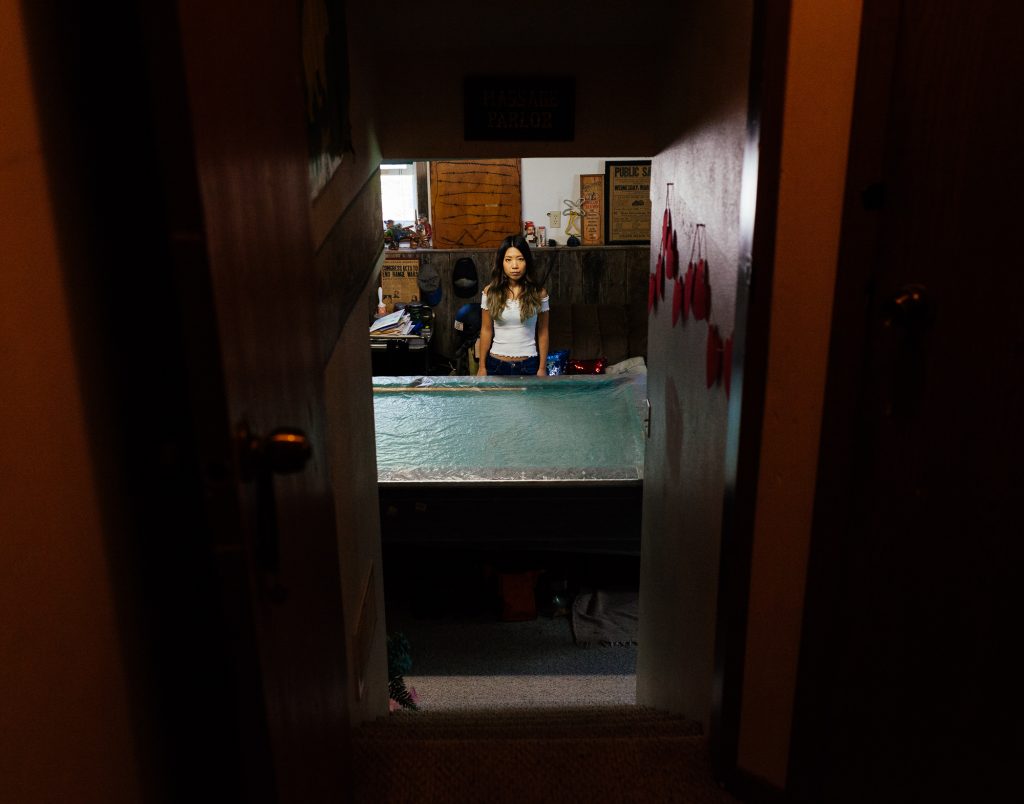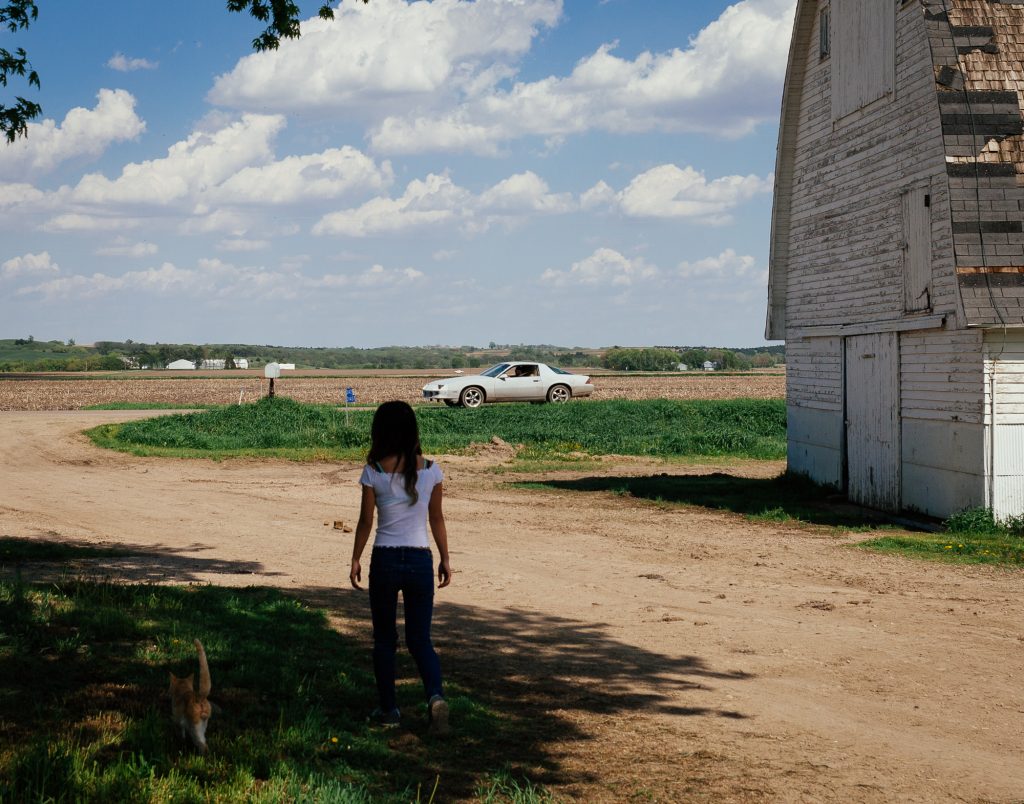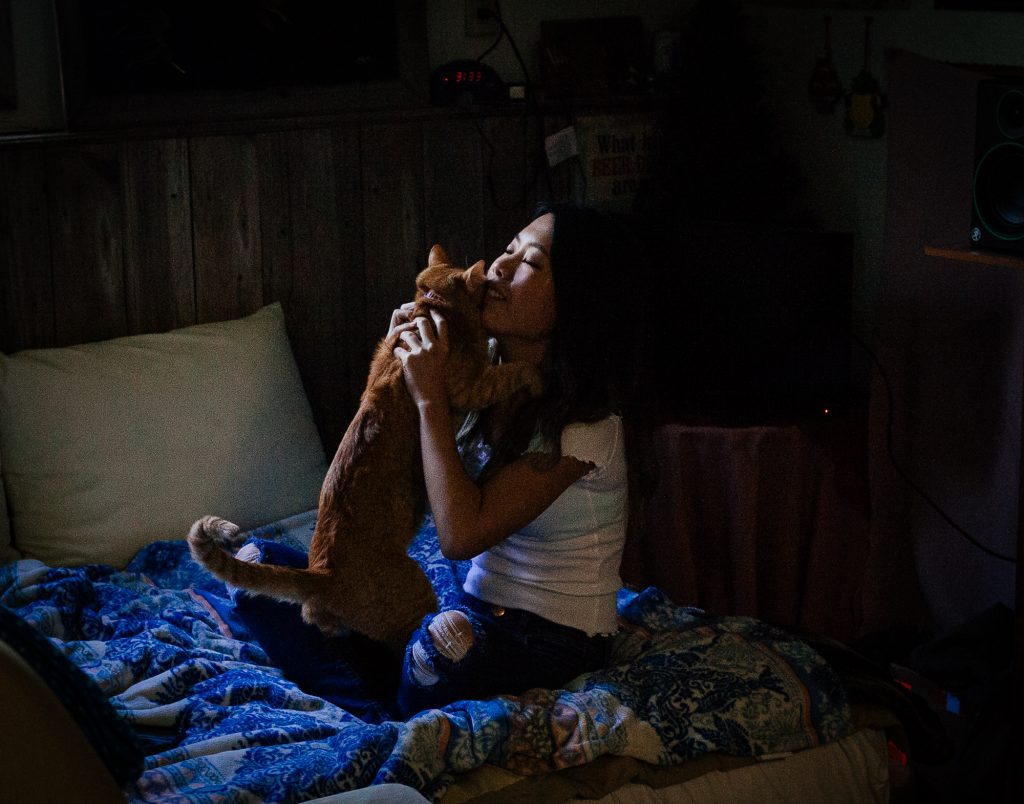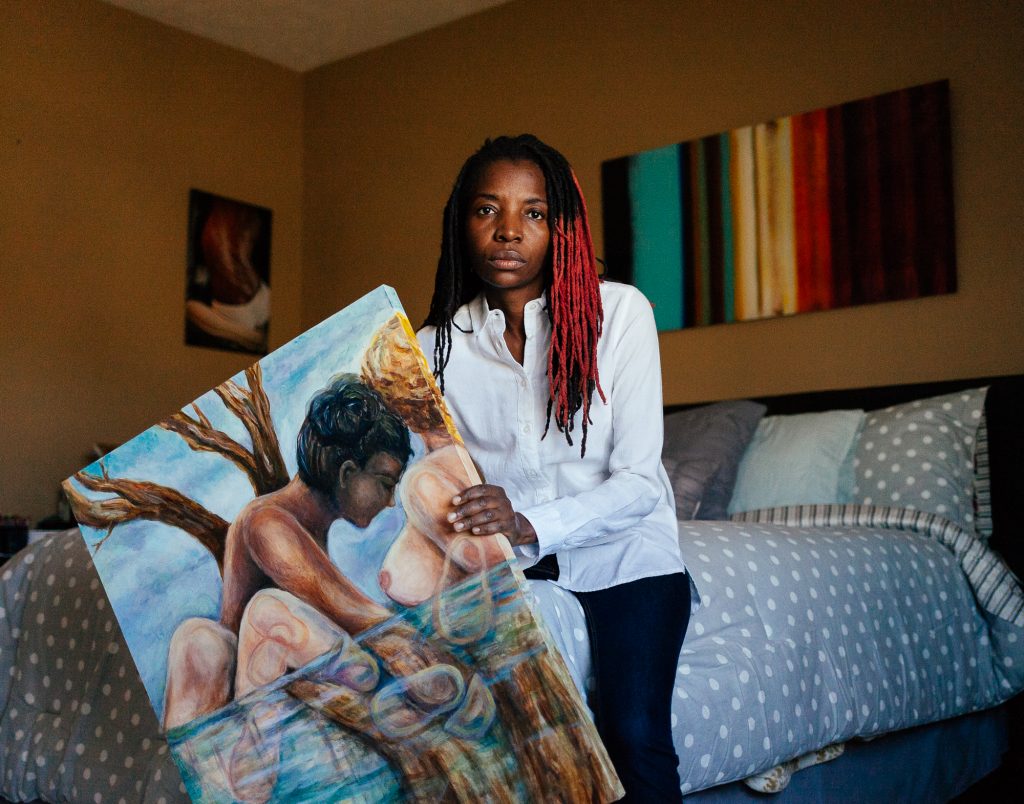
Childhood
Ruth was born in Murehwa, a small rural town 50 miles northeast of Zimbabwe’s capital Harare.
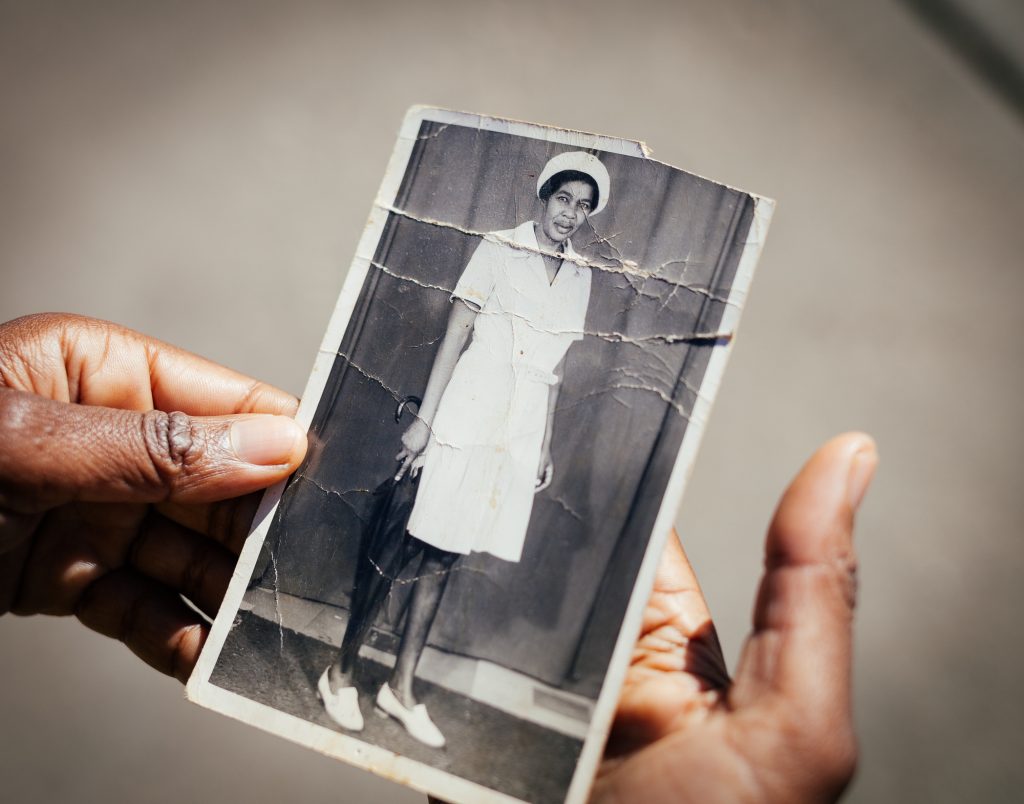
When Ruth came into this world, her mother was still in high school. Nobody knew her biological mother had been pregnant, so from the start, “Gogo” (Ruth’s grandmother), acted as her mom.
Gogo loved telling folk tales. A lot of her stories, common in Ruth’s culture, were about animals with superpowers. Gogo’s usual tales revolved around a baboon and a rabbit, and in every story, the rabbit outsmarts the baboon. Each time the story was recounted, the details would change a little bit, and she always took forever to get to the point.
“In America, kids have fairytale books, but for me, it was through storytelling. They forced you to imagine.” (audio below)
When Ruth thinks back to those early days when her grandmother told stories, she recalls the intensity of the stars in the sky. They didn’t have electricity, but there was fire. She would walk barefoot over the red soil to get water from the stream. It was a life of little routines.
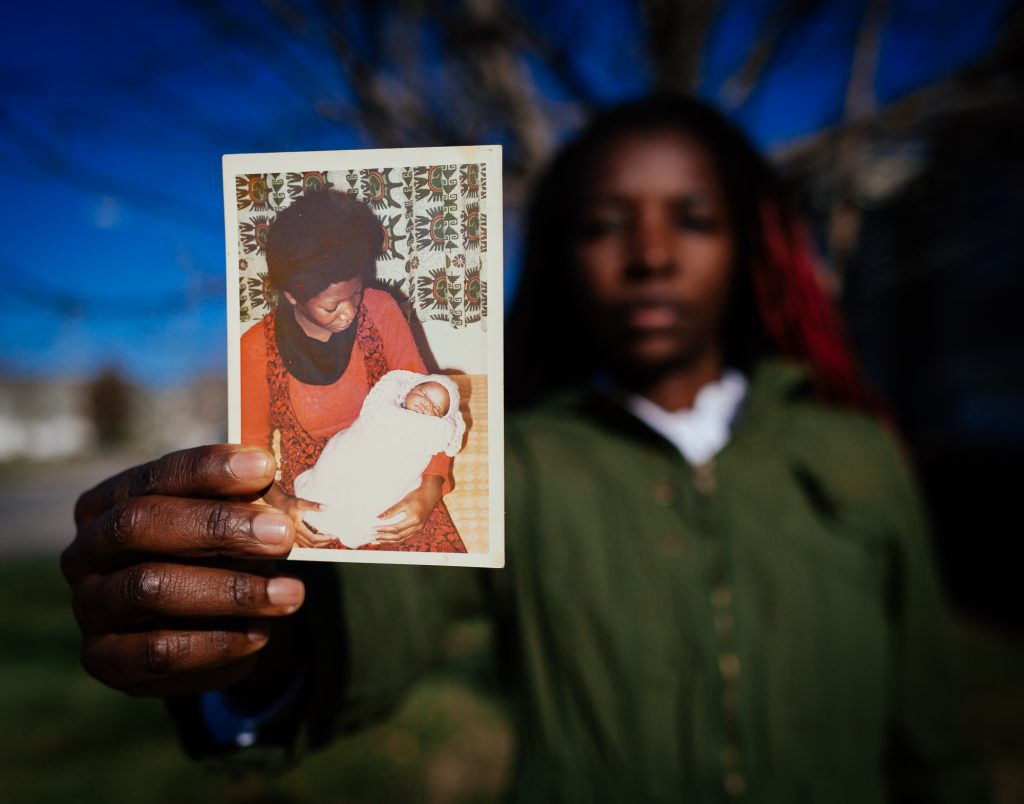
Tragedies
Despite the positive memories of her grandmother, Ruth’s life had a tragic beginning. When Ruth was five, her mother died by suicide, and one month after that, Ruth’s only sister died from measles. After these tragedies, Ruth moved around between her mother’s siblings. Gogo tried her best to make sure everyone was friendly to Ruth, as she was often treated more like “the help” than a part of the family.
“I knew that I was so loved by this woman. I’ve had so many twists and turns in my life, but the grounding in my grandmother’s love is why I seem to be able to get through whatever.” (audio below)
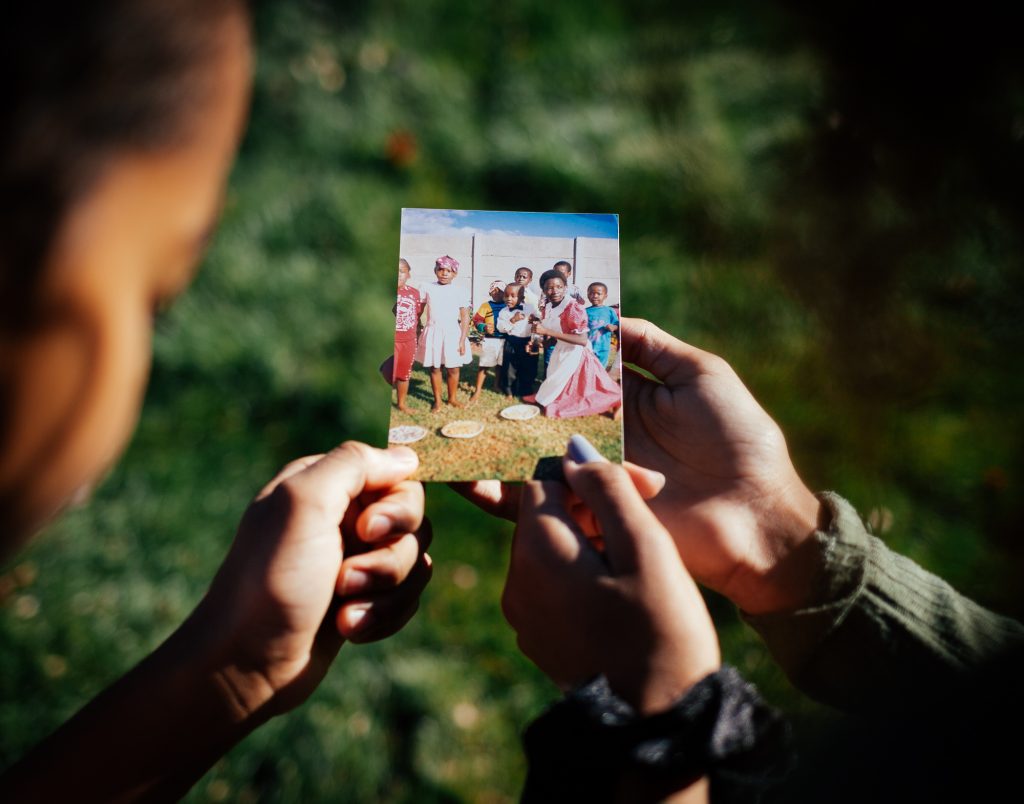
Above: Ruth (on the right in red) at her cousin’s birthday. “I was serving them food – often treated like the help – exactly like Cinderella.”
Different
Ruth grew up in a culture with clearly defined gender roles, but she didn’t fit the mold. She remembers hearing from relatives that she must be cursed.
“I was aware from a very early age that I was different in how I liked to dress. I was such a tomboy. They would try to buy me dresses and skirts – but they would be left untouched. I would wear the same pair of shorts for weeks at a time. Family would visit from the rural areas. They would be there for a week without any idea that I was a girl.” (audio below)
Ruth remembers the deep high school crushes she had on women, but it wasn’t something she would ever admit. There was no representation of the LGBTIQ community in Zimbabwe at the time, so being a lesbian wasn’t something she even knew existed. Her aunt had a gay hairdresser, but nobody labeled him as “gay” – he just “existed.”
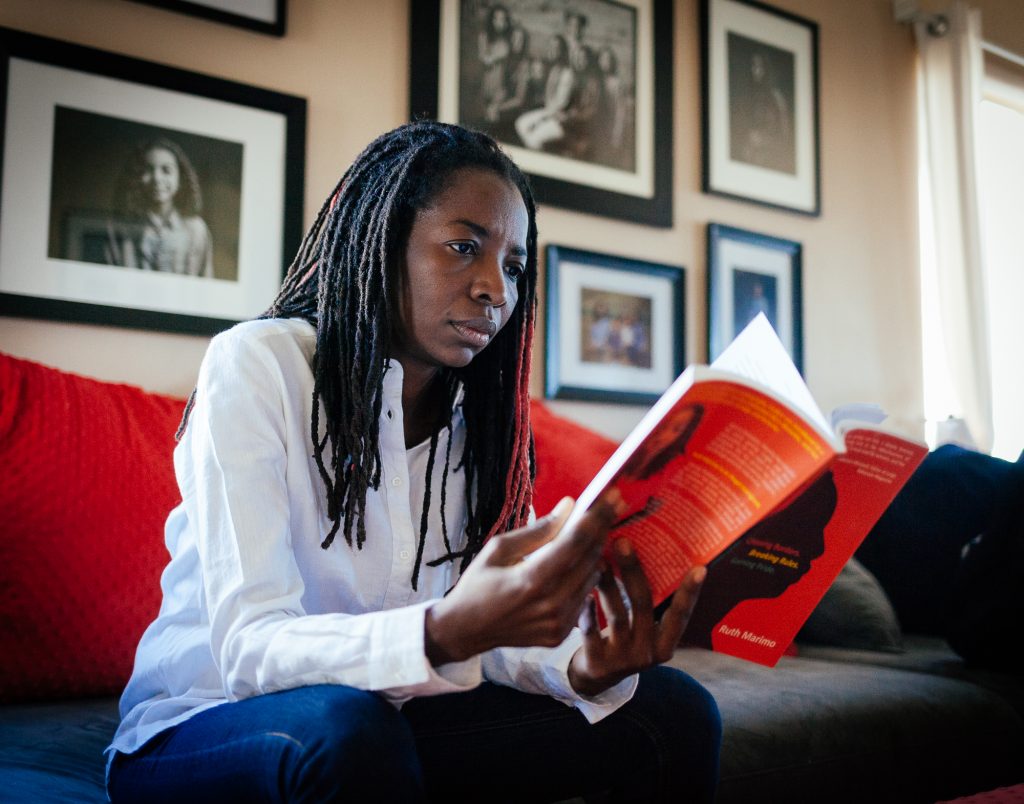
United Kingdom
In the late 1990s, Zimbabwe’s economy was collapsing, and many people were leaving. Ruth wanted to get out too, so two days after writing her high school exams in 1998, she was on a flight to England. Ruth thought it was a great opportunity, but when she arrived, the situation wasn’t as expected. She was essentially going to be doing housework for almost zero pay- they were exploiting her.
At 18, Ruth was young and vulnerable. She didn’t know she could have enrolled in Nursing School since Zimbabwe is a former British colony.
“When people lack information, they struggle when they shouldn’t.”
She managed to leave her “job” and went to work at a furniture shop. Eventually, she started doing “care work” – the common form of employment for Zimbabweans in England. Ruth began to send money back to Zimbabwe. She felt rich, but she didn’t feel accepted.
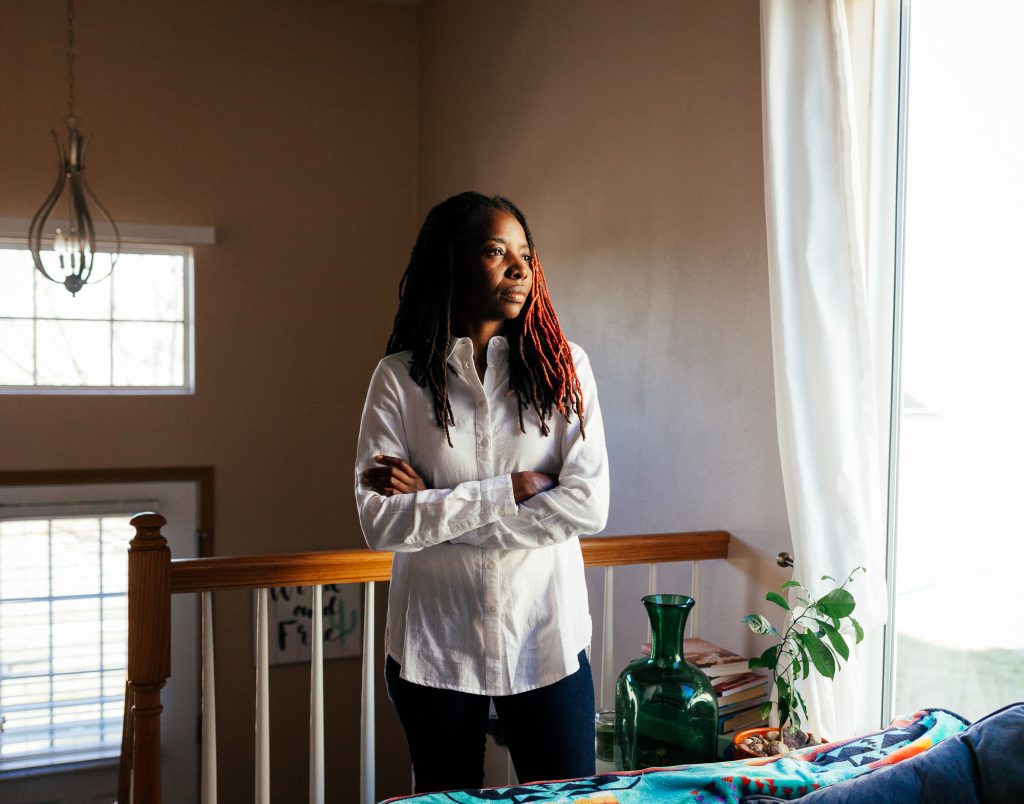
Nebraska
Ruth’s aunt connected her to a friend, who had a friend, and this is what brought her to South Omaha, Nebraska in July 1999 – on a visitor’s visa, but she didn’t plan on leaving.
Again things weren’t as she expected. This friend of a friend was a “troubled soul,” with a six-month-old baby that she expected Ruth to look after. Ruth felt stuck. Luckily this woman’s sister came by one day, noticed that Ruth wasn’t in a good place, and took Ruth to enroll in classes to become a Certified Nurse Assistant (CNA).
If Ruth had known, she would have applied to school right away and switched to an F1 Student Visa, or she could have even applied for asylum. Still, instead, her visitor visa expired, and she became undocumented.
Ruth explains how living in the shadows wasn’t too complicated back then. She recognizes her privilege, explaining how she believes it would have been a lot harder to live “under the radar” if she was from Central or South America, or couldn’t speak English well. (audio below)
After graduating, Ruth started working as a CNA at a nursing home.
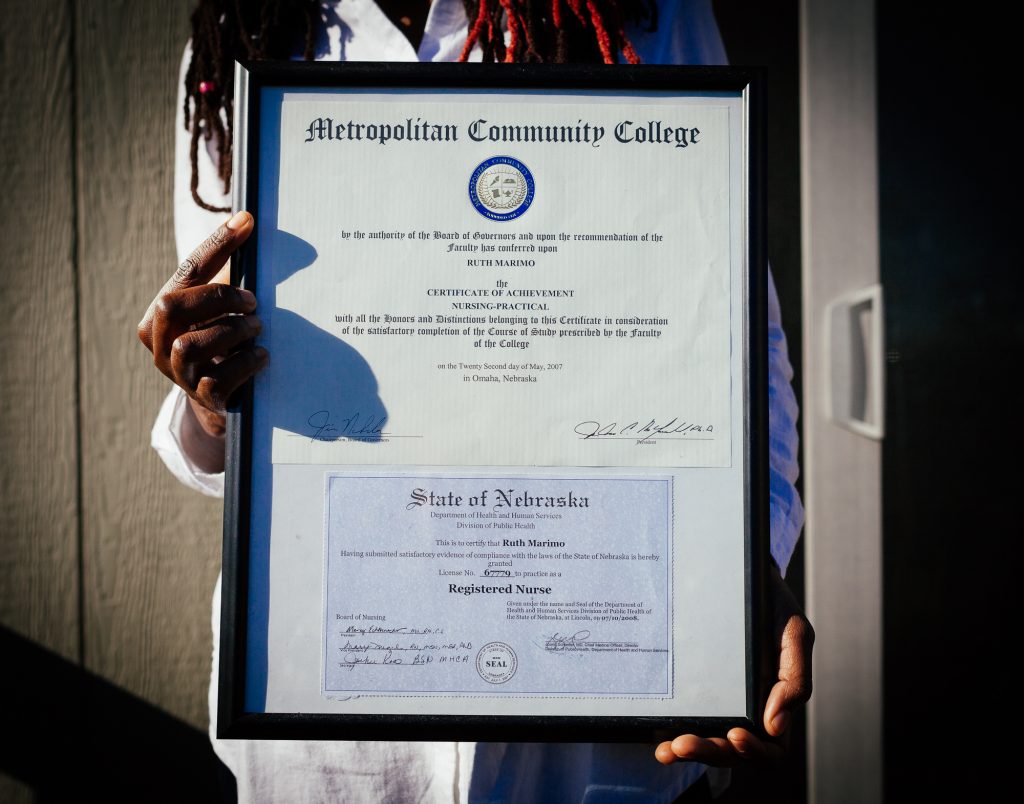
Abuse
At 21, Ruth met the father of her two children. It should have been easy for Ruth to have her status adjusted since she married a US citizen, but he didn’t have a birth certificate, which complicated things. Early on in their relationship, there were signs of emotional and physical abuse, and she regrets staying in the relationship as long as she did. “I was young and naive.”
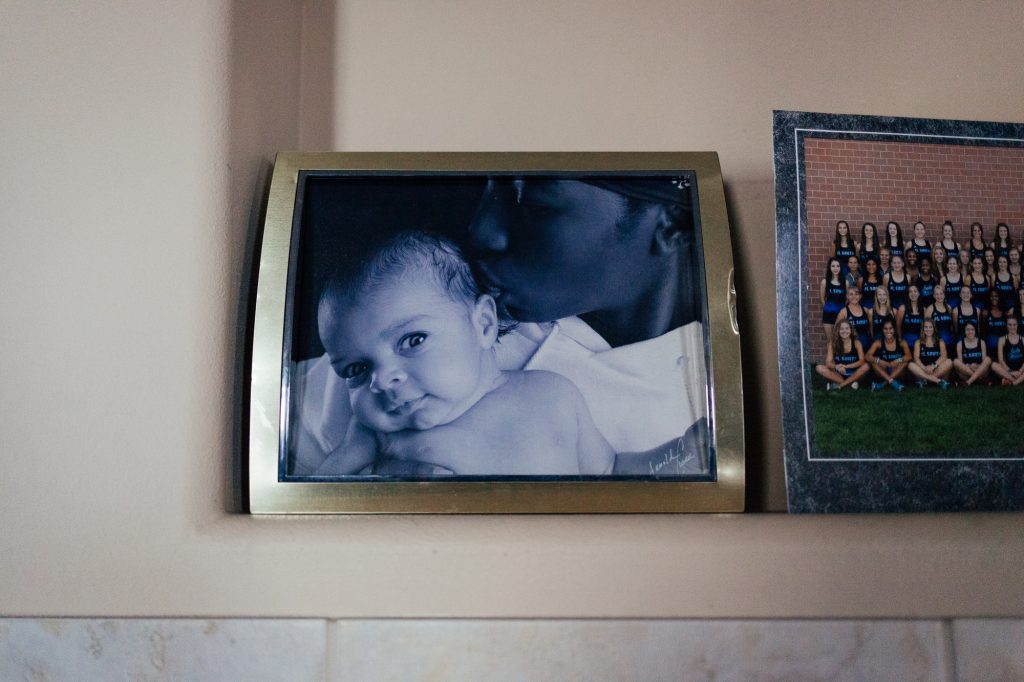
At nursing school, Ruth also developed a crush on a woman in her program, and she told her husband about her attraction to women. It was also the first time she had admitted this to herself. In 2007 Ruth graduated as a registered nurse. Ruth wanted to take her children ages one and three, and leave her marriage, but her husband wasn’t going to let this happen.
“I had no idea it would get as horrible as it did. There is nothing he didn’t try to do. When I look back now, it’s very possible he could have killed me because he wasn’t in his right mind.”
Ruth explains how, since all of this happened, her ex-husband was diagnosed as having bipolar disorder while in prison. She believes he is a different, better, person now.
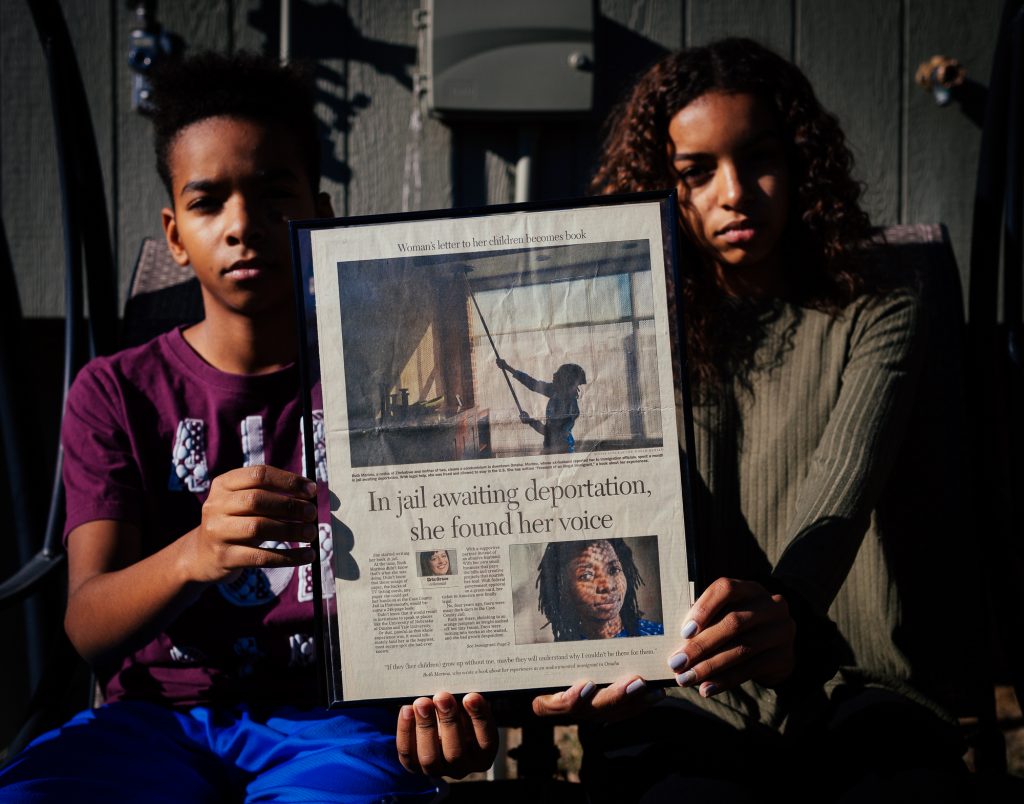
Deportation
Ruth had a restraining order on her husband, forcing him out of the house. In an attempt to have her deported, he reported Ruth to ICE (The U.S. Immigration and Customs Enforcement). She ended up spending a month in jail away from her children.
“ICE agents showed up with guns and bulletproof vests at six in the morning. Luckily my aunt who had raised me from 10-18 was granted asylum. She was able to take my kids, so they weren’t thrown in foster care.” (audio below)
For the next three years, Ruth was in a different divorce or immigration court every few weeks. They finalized their divorce in 2010, and Ruth was granted sole custody. Because of what went through, Ruth was able to file for VAWA (Violence Against Women Act). The Vermont office approved her case, but the local office denied it. She is still in the process of challenging this denial and will be back in court in 2021. For now, she gets a yearly work permit.
Her “Plan B” is to file for asylum based on the fact she came out after she left her country and homosexuality is illegal and punishable by jail in Zimbabwe.
“I have an amazing team of lawyers who have followed my story. I try not to worry about it because what will that do? In the meantime, I worry about raising happy kids.”
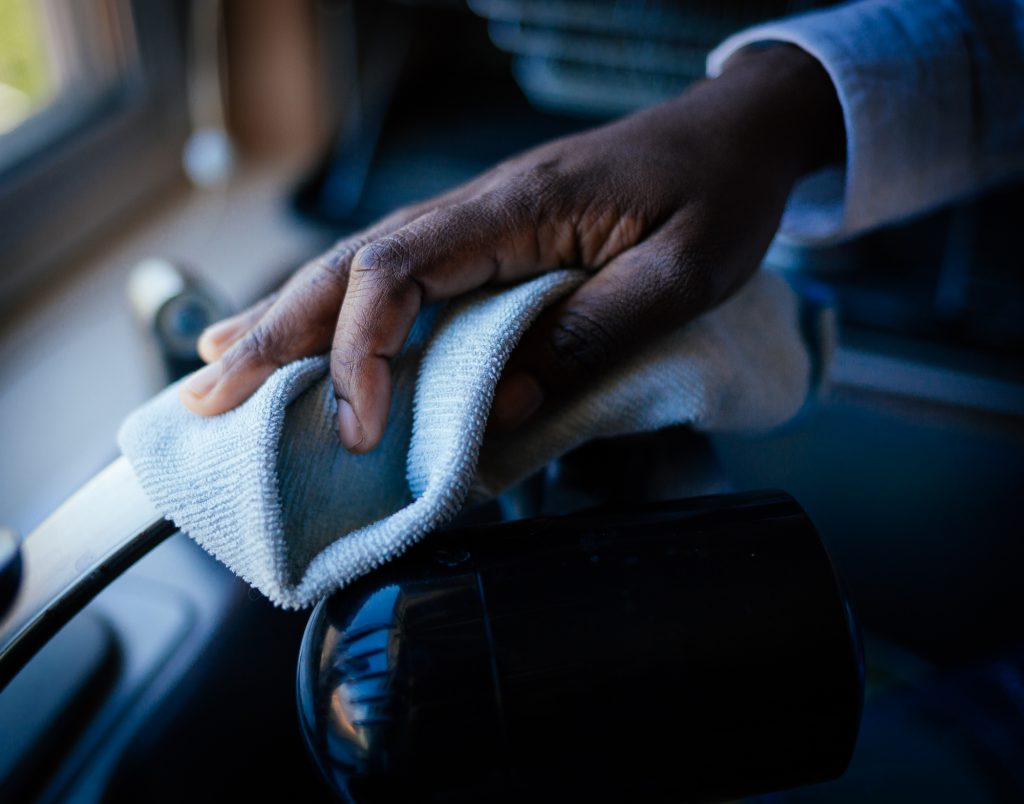
Ruth had been working in health care for a decade. After being arrested and detained, she no longer had a nursing license or a work permit.
Cleaner
Ruth’s first girlfriend after her marriage had a family cleaning business. Ruth realized it was something she could do on her own after learning the trade from her girlfriend.
In 2011, Ruth bought a cleaning business starter kit for 20 dollars that helped her advertise online and listed the products she needed. Calls started coming in. Today Ruth’s business cleans for commercial buildings and big art galleries in the city. She also has had up to eight employees working for her.
“What’s most rewarding for me about the cleaning business is the ability to provide an income for other women, especially immigrant women.”
She loves how the business is flexible, and she makes her hours. She also loves how it keeps her in shape.
“It’s my gym. I love it. That’s how I get to look how I look, and I’m almost 40 – vacuuming those stairs!” (audio below)
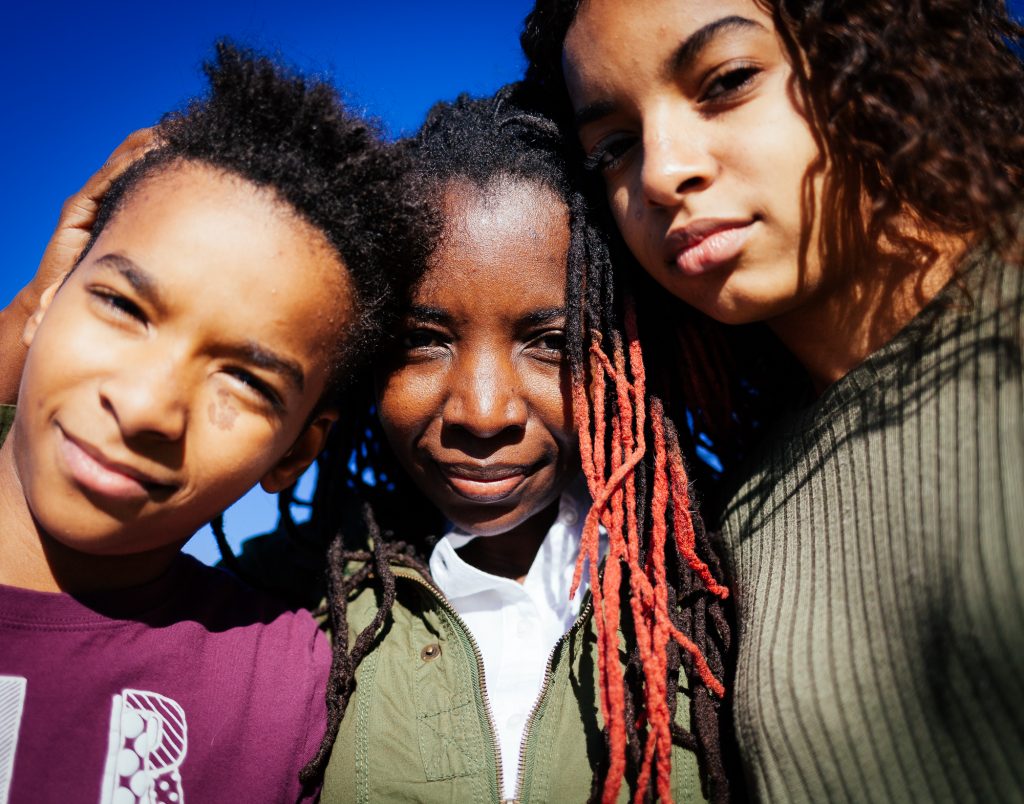
Parenting
The divorce and Ruth’s detention were extremely traumatic for the children. She has taken them to therapy and tries her best to give them consistency and stability at home.
“That’s the thing about being a single parent. I have to be the affectionate one, but I also have to be the one who gives structure. My kids started doing their own laundry in second grade and cooking at ages three and four. I read about other people’s teenagers, and I’m like ‘oh, my God!’ – that’s just not my experience. I think all parents are biased, but Chido and Simba are such amazing kids.” (audio below)
“Not having parents gave me a different perspective. It’s almost as if I parent from the standpoint of if I had had a mother, what would I want my mother to be like for me.”
Ruth is starting to work on a parenting book since what she is doing as a single mom seems to be working.
Chido is named after Ruth’s late sister. She dreams of going to Yale, studying medicine, and becoming a “bilingual neurosurgeon.” She is already working on the bilingual part by studying Spanish at school. Chido never thought of herself as particularly athletic, then she medalled in cross-country. Ruth found out that her biological father was a cross-country champion, so maybe it is in Chido’s genes? Someday Chido would love to set up a foundation to help kids in Zimbabwe and buy a house for her mom.
“I think my mom is really brave. She inspires me to do a lot of things I wouldn’t have otherwise done.” (audio below)
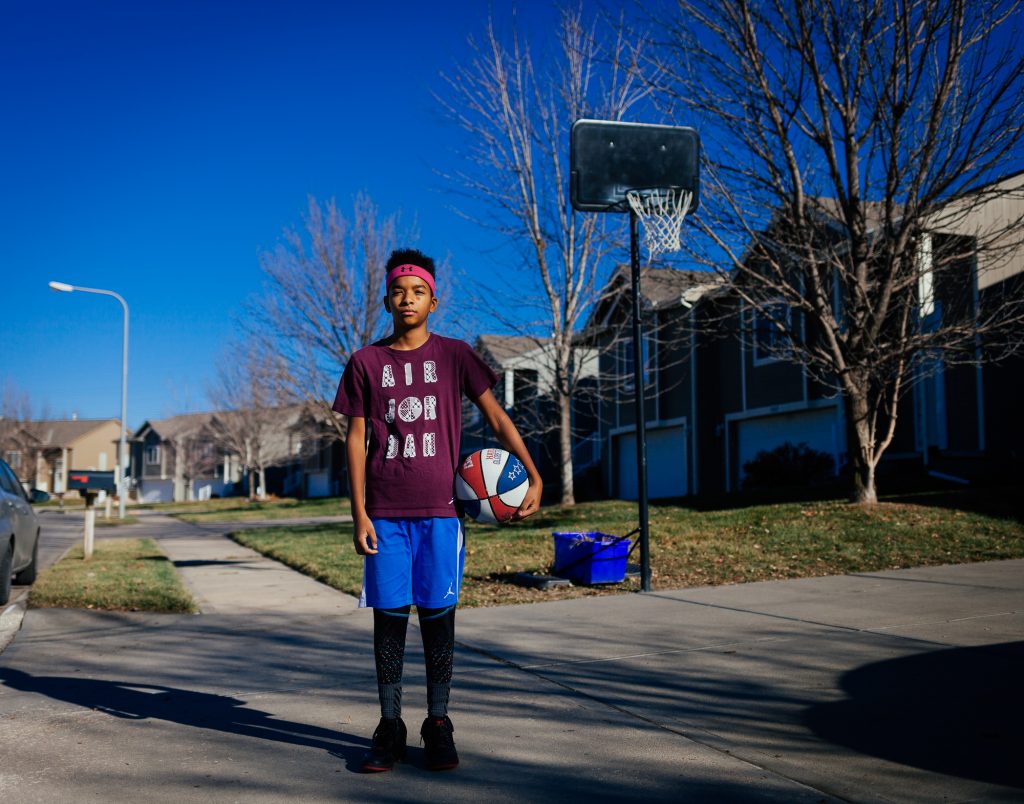
Simba’s dream is to go to Duke on a basketball scholarship and play in the NBA.
“I like how you get to work with the team. There is no ‘I’ in ‘Team.’” (audio below)
Ruth says he is just as smart as his sister; he just puts in a little less effort. At home, Simba is the “domestic” one, making coffee or vacuuming. One of his favorite things about his mom is that she takes them traveling.
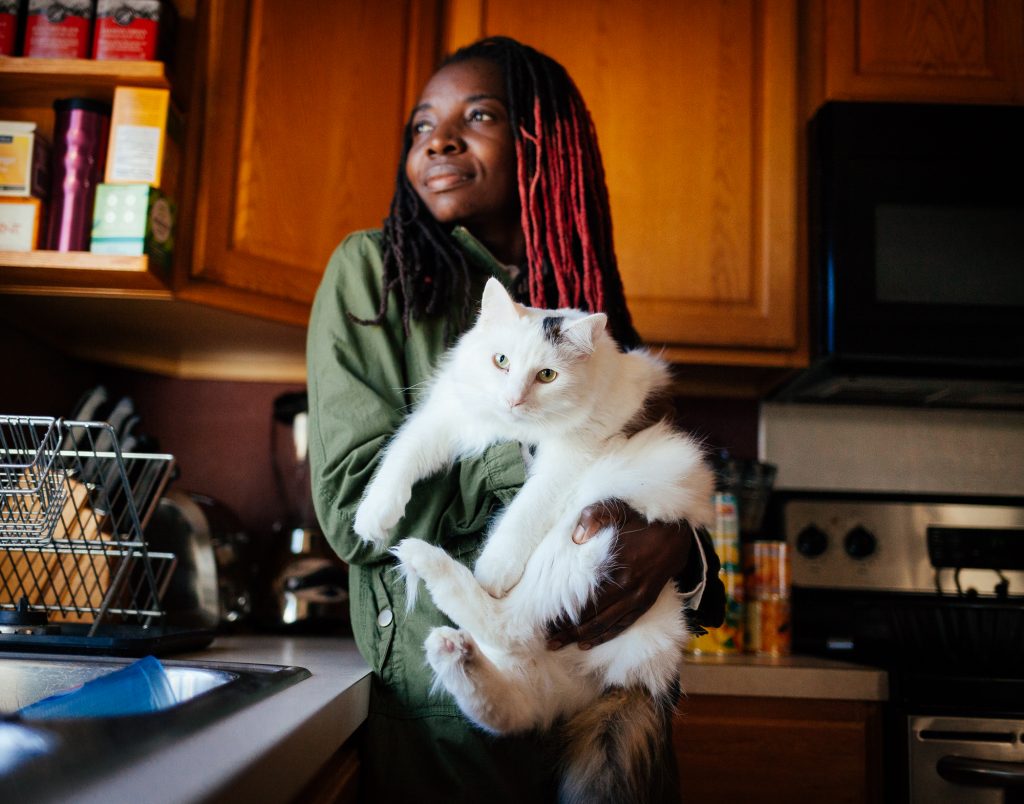
Ruth’s other child is Hillary Clinton.
“I come from a culture where pets stay outside – cats are evil. If you have a cat, you are a witch. My kids have always wanted a pet because they don’t come from that culture. One client has a farm and the cats had babies. We fostered some cats, and then we decided to get a permanent cat. That’s how Hillary Clinton became a part of our family.”
Racism
According to Ruth, Omaha, which includes smaller surrounding cities like Bellevue, is racially and socio-economically segregated – the north is black, south is Latino, the west is white, and the white liberals live in Dundee. Ruth explains how this segregation relates directly to how well-funded the school districts are.
“One advantage of being an immigrant is that because things have gone wrong in our country and we want the best for our kids, we don’t ask where the black people are, we just move to where the best schools are. Most black and brown people around here [in Bellevue] are immigrants.”
Because she grew up in a country with a black majority, she feels like sometimes she may experience racism in the US and not even notice it. To Ruth, “the system is invisible.”
“When I get pulled over, I am really nice to the cop, and would never think I am being targeted. I know if I were born here, my thinking would be different. In the end, it is a huge advantage. It is almost like I have blinders on.” (audio below)
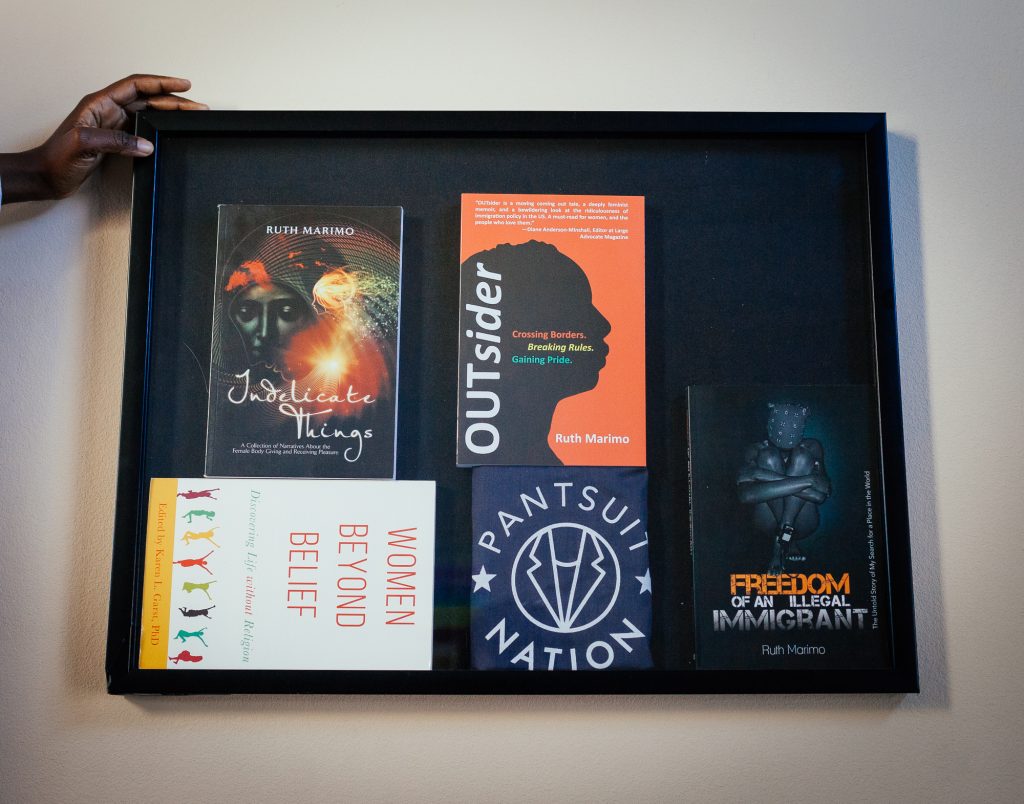
Activist
Since she was a young girl, Ruth has had a love of writing – an art that seemed to give birth to her activism.
In 2012 she released her memoir: Freedom of an Illegal Immigrant. Her second book, OUTsider: Crossing Borders. Breaking Rules. Gaining Pride (2014) is a celebration of sexuality. Her most recent book is Indelicate Things: A Collection of Narratives About the Female Body Giving and Receiving Pleasure (2015). Today Ruth’s writing focuses primarily on memoir and erotica.

Ruth has been using her writing skills to help LGBTIQ people who are living in countries where their safety is at risk. In at least six instances, Ruth helped write the testimonials, for individuals granted asylum.
“I try to be really visible as an LGBTQ African.”
Future
Her children recently got their passports, and Ruth is incredibly excited. They have big travel plans – Canada, South Africa, and beyond. They hope to visit a different place every summer.
“My future dreams are making sure I am supporting and guiding my kids to be best at whatever it is they want to do – to accomplish their goals. Compared to my life, they have no excuses. They have every privilege I never had. I never want them to see themselves as victims in life. They have to take advantage of the opportunities they have. That’s how you help the world.” (audio below)
#FINDINGAMERICAN
To receive updates on the book release and exhibition of “Finding American: Stories of Immigration from all 50 States” please subscribe here. This project is a labor of love and passion. If you would like to support its continuation, it would be greatly appreciated!
© Photos and text by Colin Boyd Shafer | Edited by Kate Kamo McHugh. Quotes are edited for clarity and brevity.


